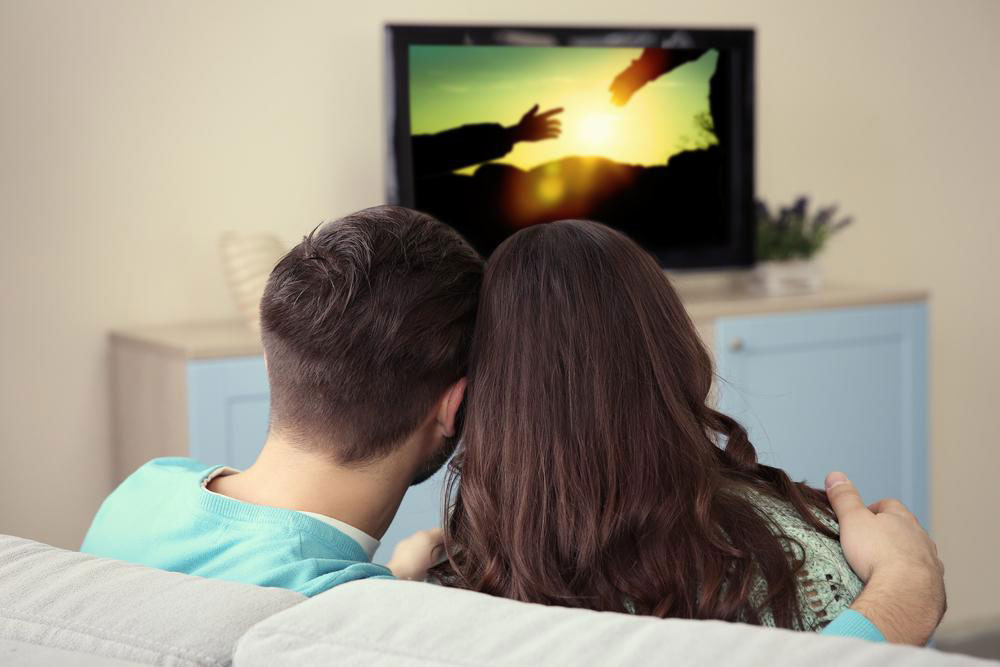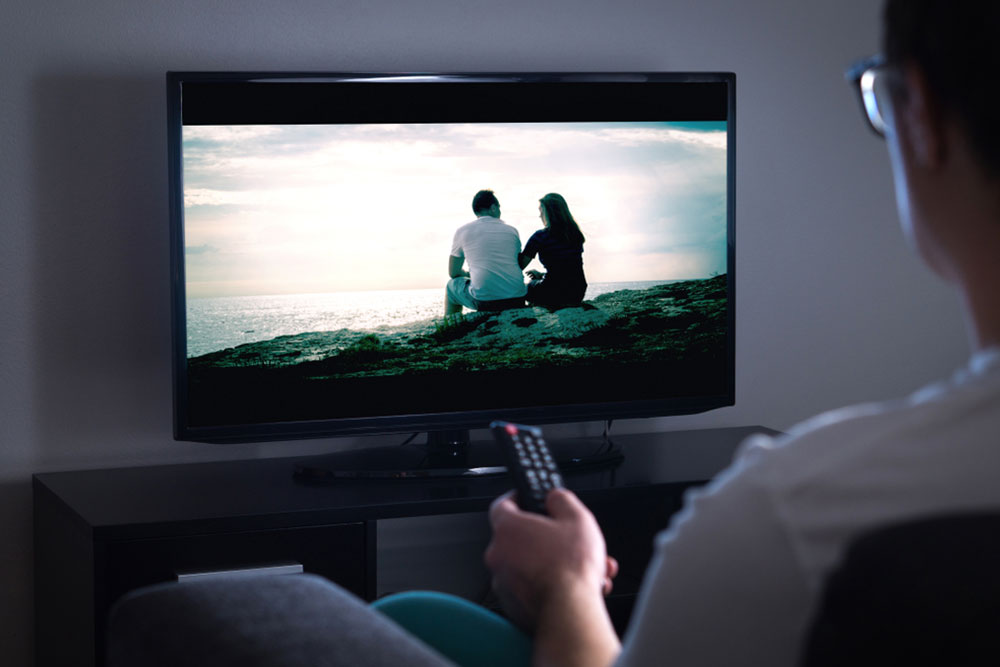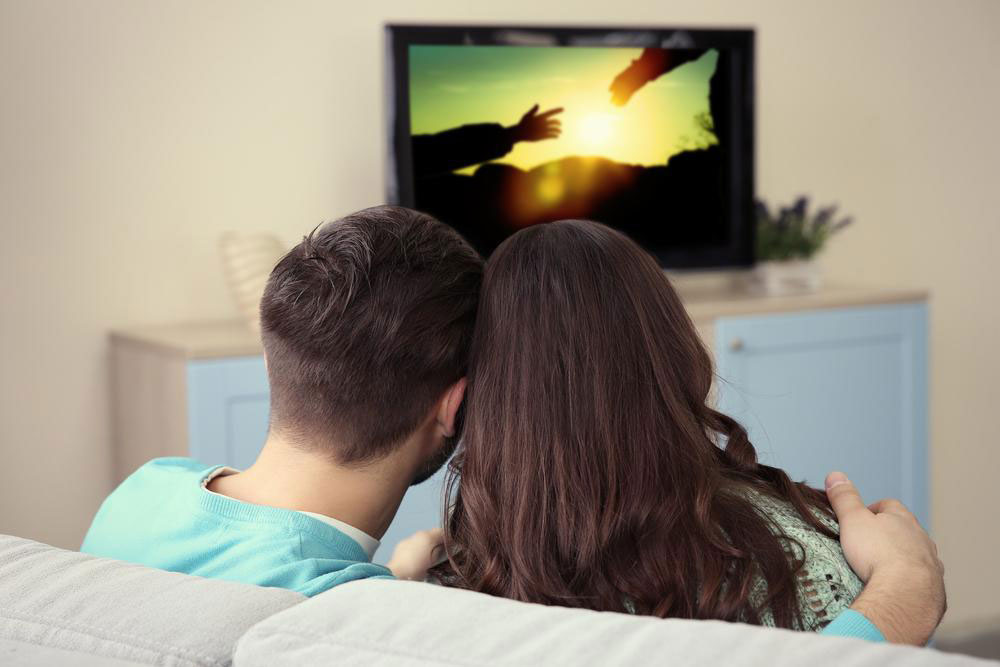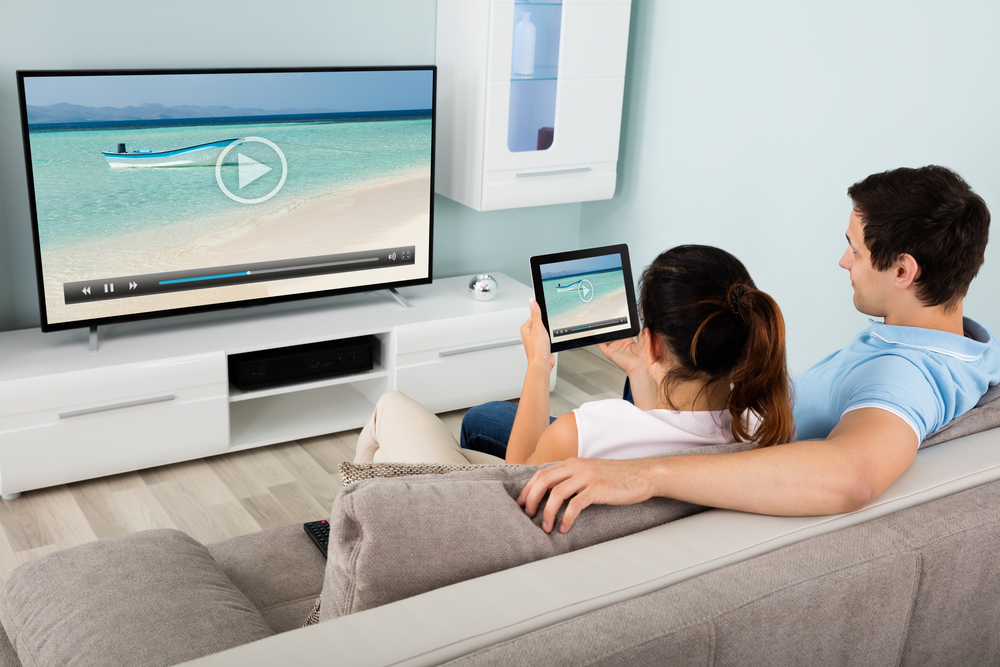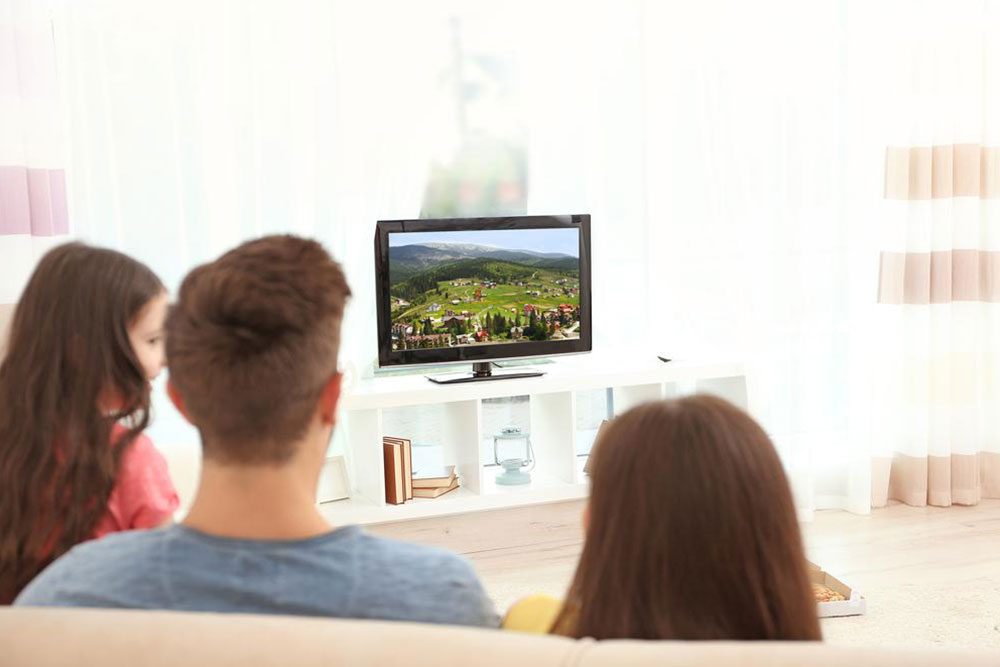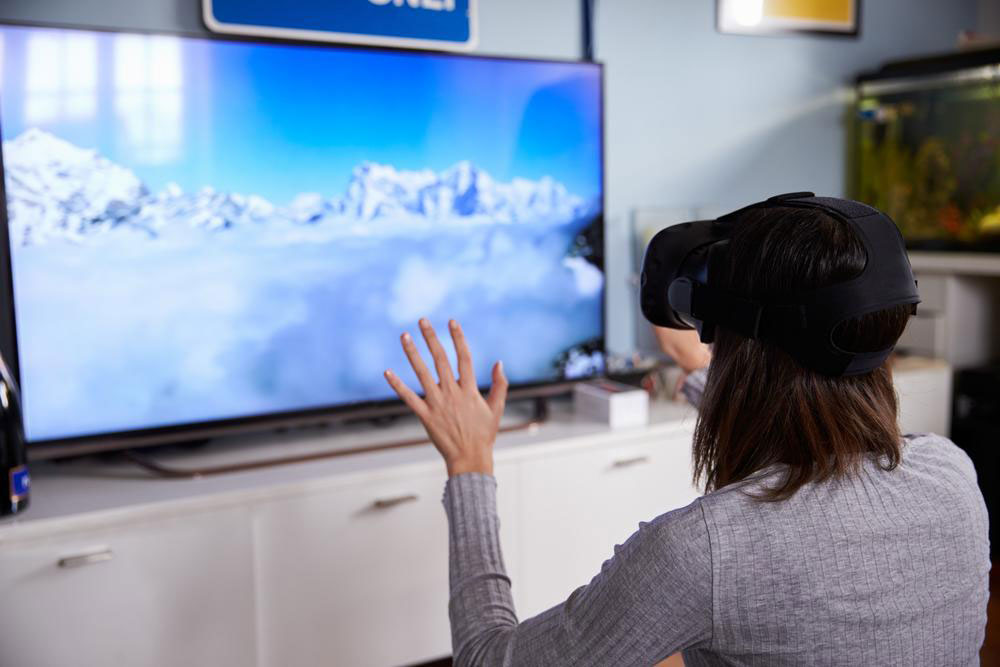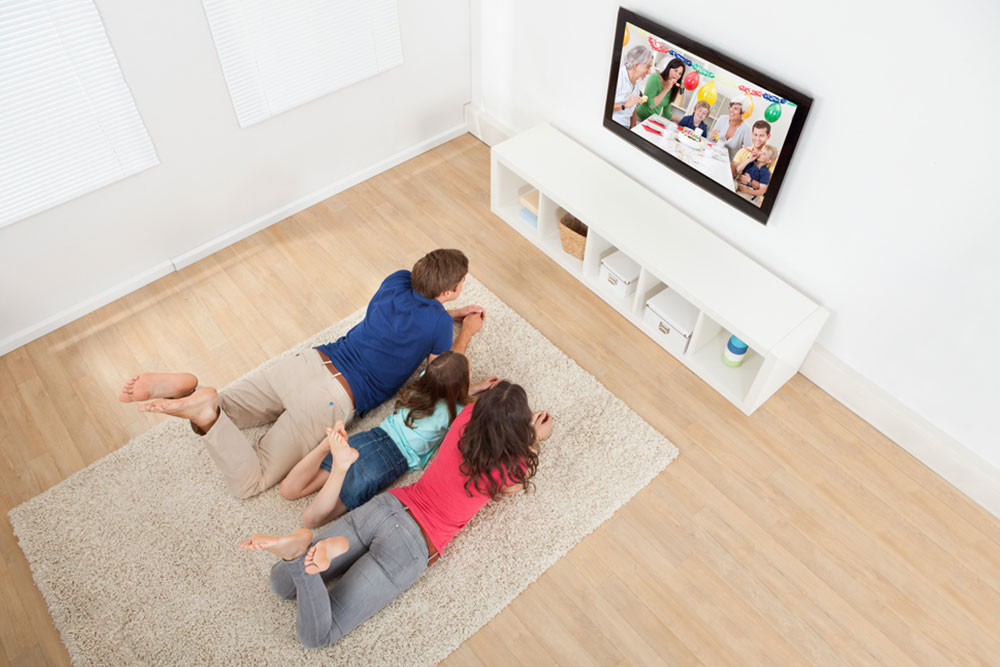Essential Tips for Purchasing a Used Television
Learn essential tips for purchasing a used TV, including what questions to ask, assessing price and quality, and ensuring compatibility. This guide helps you make a smart, budget-friendly decision and avoid common pitfalls when buying second-hand electronics.

Essential Tips for Purchasing a Used Television
Due to rising prices of the latest TV models, many consumers opt for pre-owned options to enjoy high-definition viewing without overspending. Buying a second-hand TV allows you to access advanced features at a fraction of the original cost, making it an attractive choice for budget-conscious buyers.
Retailers like Target and online platforms such as Amazon frequently offer second-hand TVs. However, securing a good deal requires vigilance and careful consideration during the purchase process.
You should follow specific guidelines when buying a used TV to ensure durability and quality. Here are key questions to ask before making a purchase. Satisfactory answers mean you're ready to proceed:
Why is the previous owner selling the TV?
If they are upgrading to a newer model, the deal is likely reliable. However, if issues like poor image clarity or physical damage are reasons for sale, proceed with caution. Manufacturing defects should alert you to potential problems.
Is the price justified?
Consider the TV's age, condition, and original cost. Research comparable models to determine if the asking price is reasonable for its current state.
Can your budget handle it?
Evaluate whether the TV's cost aligns with your financial limits. Avoid overspending on features you may not need, and ensure it fits within your budget before purchasing.
Will it work with your existing accessories?
Confirm compatibility with your cable boxes, sound systems, and other devices. Incompatibility could lead to additional expenses.
Are picture and sound quality satisfactory?
Test the TV to verify that display and audio meet your expectations, avoiding overpayment for subpar quality.
Note:
Our blog offers valuable insights across various categories. While our research provides helpful guidance, it should not be seen as definitive. We disclaim responsibility for discrepancies or outdated information and recognize thatother platforms may offer better deals or schemes.

